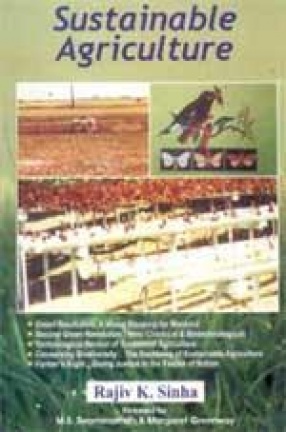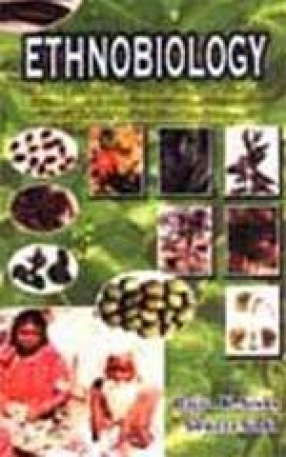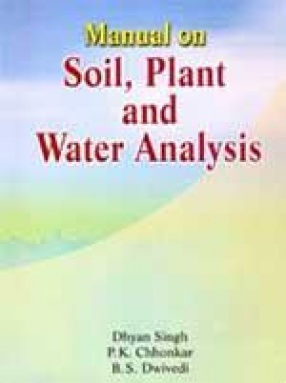In the coming decades and by the year 2020, there will be an extra. 1.5. billion people to be fed. This is another challenge, and as great as it was faced 40-50 years ago which necessitated the first green revolution. This came as a ‘mixed blessing’ for mankind. If the increasing threat of soil degradation, food contamination, crop genetic erosion and food shortages in world has to be avoided, there has to be a pragmatic changes in the farming policies and practices. Sustainable agriculture requires a judicious combination of some new technological innovations with the ‘traditional wisdoms’ of ancient farming communities. We will need further genetic improvement in our conventional crop plants for increasing quantity and also ‘nutritional quality’ of the food, resistant not only to ‘pest and diseases’ but also to ‘drought and salinity’. We need to ‘conserve the crop genetic resources’ and also search for ‘new sources of alternative food’ from the wild with ‘high nutritional value’ and ‘shorter harvest cycle’ to bring into our modern food culture. The book discusses about the social, economic, ecological and the technological aspects of food production vis-a-vis the right’s and rewards for the food producers–the feeders of the nation.
Ethnobiology: Role of Indigenous and Ethnic Societies in Biodiversity Conservation, Human Health Protection and Sustainable Development
Ethnobiology is a new ...
$51.30
$57.00





There are no reviews yet.